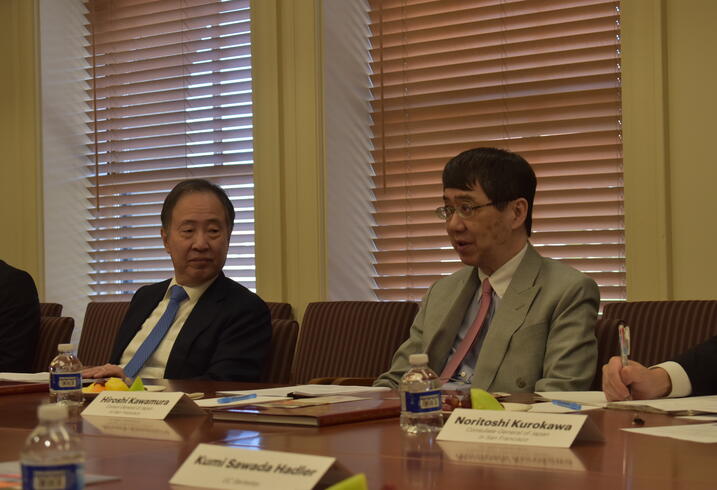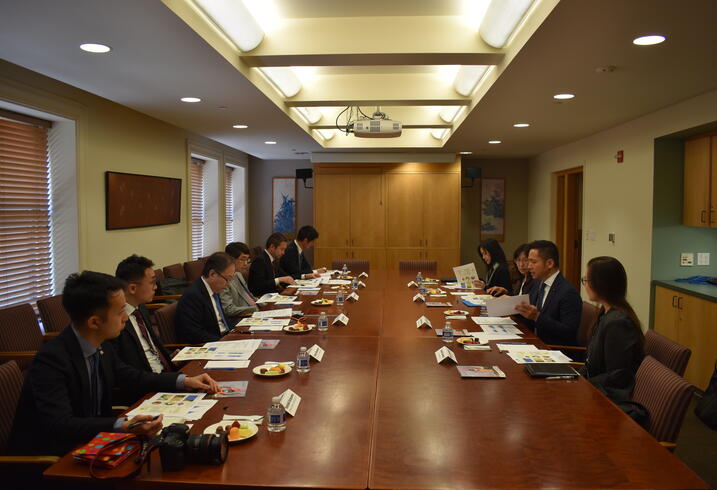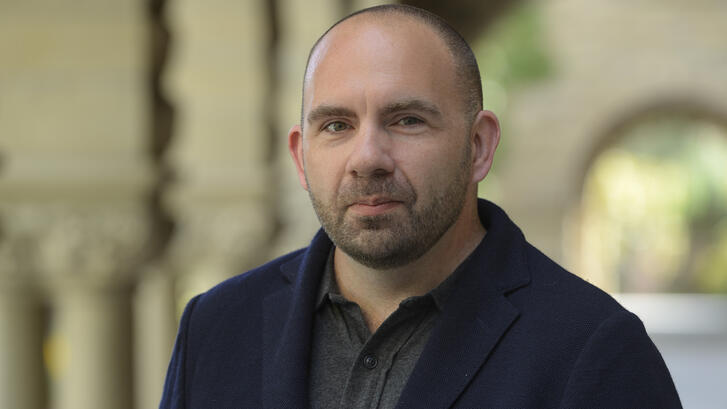The following is Part 8 of a multiple-part series. To read previous installments in this series, please visit the following articles: Part 1, Part 2, Part 3, Part 4, Part 5, Part 6, and Part 7.
Since December 8, 2020, SPICE has posted seven articles that highlight reflections from 57 students on the question, “What does it mean to be an American?” Part 8 features eight additional reflections.
The free educational website “What Does It Mean to Be an American?” offers six lessons on immigration, civic engagement, leadership, civil liberties & equity, justice & reconciliation, and U.S.–Japan relations. The lessons encourage critical thinking through class activities and discussions. On March 24, 2021, SPICE’s Rylan Sekiguchi was honored by the Association for Asian Studies for his authorship of the lessons that are featured on the website, which was developed by the Mineta Legacy Project in partnership with SPICE.
Since the website launched in September 2020, SPICE has invited students to review and share their reflections on the lessons. Below are the reflections of eight students. I am grateful to Dr. Ignacio Ornelas, Teacher, Willow Glen High School, San Jose, California, and Aya Shehata, Hilo High School, Hawai’i, for their support with this edition. The reflections below do not necessarily reflect those of the SPICE staff.
Renn Guard, North Carolina
Americans often have the privilege of being a part of many communities that help define themselves as complex, unique individuals. The past few years have demonstrated that our communities define America, a prospect that can be both concerning and hopeful. After the 2021 Atlanta spa shooting, many questioned what “Asian American” has meant and what it could mean. I observed the Asian American community connect over both their pain and frustration with the current state of the country and their hopes for a brighter future. Outside the Asian American community, many other groups, both intersecting and not, also came to sit in solidarity, reminding me that American values are rooted in communities that uphold understanding, inclusivity, and respect.
Emi Hiroshima, California
By many, America is known as the “Land of Opportunity.” Certainly, this is what my great grandparents thought when they immigrated to the U.S. from Japan in the early 1900s. Although some may say it’s a less than ideal place to live, I think it provides more opportunities than other countries for those willing to try. In some countries, it is difficult for a woman to pursue certain careers or even to receive an education. They aren’t given the opportunity to even try. I believe America has a long way to go in terms of gender equality or equality for all, but women are surrounded with more chances because of others who pushed for women’s rights throughout history. In America, we are not guaranteed success, but we are provided the opportunity to always try.
Keona Marie Matsui, Hawai’i
To me, being American means being free. I am free to embrace my Japanese and Filipino heritage. I am free to learn and celebrate other cultures. I am free to express myself through my physical appearance and my words. I am free to speak another language and learn many more. I am free to take advantage of the opportunities in America. But being an Asian American means that I’m stuck between identities. I was born in America, half Filipino and half Japanese, but I wasn’t born in either country. I don’t speak Tagalog or Japanese fluently; I speak English. I’m not blonde-haired or blue-eyed. I grew up in Hawai’i, surrounded by people with similar situations. Our unique experiences and identities are what make up America—and what makes us American.
Jyoti Souza, Hawai’i
That is a complicated question. Some glorify being American because they immigrated from impoverished home countries. Others are ignorant to this country’s history and its current situation, or they simply do not care. For me, this country acted as a home for my grandparents who immigrated from poverty in South America. Though I am grateful for America’s seemingly open arms, it has changed vastly or never changed at all. More people are fighting against laws and bias in our government. The LGBTQ+ community asks for more freedom, African Americans demand justice, and people opposed to an election attack the White House. Some people call themselves American because of their skin color and label any others as outsiders or invaders. On the surface, being American seems like freedom and justice for all, but deep inside, it’s anything but.
Sharika Thaploo, Ohio
Growing up as a first-generation immigrant in America, the idea that America was built on the great enlightenment ideals of “life, liberty, and the pursuit of happiness” was drilled into me. But to me, America meant assimilation through what I had learned from my experience in this country. I initially believed that to succeed and prosper socially I would have to discard parts of my identity that were essential to my culture. I spent time adjusting to what I believed it meant to be American. But gradually, I saw the way my identity as an Indian American affected all my decisions and my worldview. To me, being an American is bringing ideas and cultural identities into this country to make yourself and the people around you better.
Taelynn Thomas, California
I view the term “American” as an identity. American is a label that represents that you are proud of what America is as a whole and that you stand with this country. A part of identifying as American means being aware that America, as a country, is not perfect and there are still challenges people face based on their race, social status, and more. This is not to say that we don’t try to fix issues in our society. There are programs that provide help for people with lower income. So, no, America isn’t perfect. But the American people can help change it in a positive way. So, when someone asks me what it means to be American, I say an American is a person who is proud of this country but still understands that we need change and is not afraid to help change this country for the better.
Hector Vela, California
Being American is a title but, to me, it’s an idea. In our history, many ethnicities from across the world came to the “land of the free,” but at times weren’t treated that way. So, we changed our mindset to include many ethnicities and make it an ideal place for anyone. We evolved because people recognized the flaws and we fixed them. It is up to us to expand the acceptance of different cultures and make a safe place for future generations. What will we do to shape America into something we can be proud and happy of? To say, “I am a proud American,” we must embrace our differences and use them to make America an ideal and safe place for everyone now and in the future.
Katherine Xu, Ohio
For me, the inherent beauty and ongoing question of being an American is embodied in our country’s motto: E pluribus unum (out of many, one). We are a group of individual “I’s” who have agreed to band together as a “we.” However, the issue has been to constantly question who is (or is not) included in that “we,” and how we redefine and reimagine it. Overall, we’ve succeeded in developing a better comprehensive knowledge of ourselves and acceptance of one another. However, we have historically wavered and are now at a crossroads: will we progress toward a broader meaning of “we” or will we regress to a narrower one? That is essentially the question—with all of its aspirations and fears—at the core of what it means to be an American, both personally and collectively.














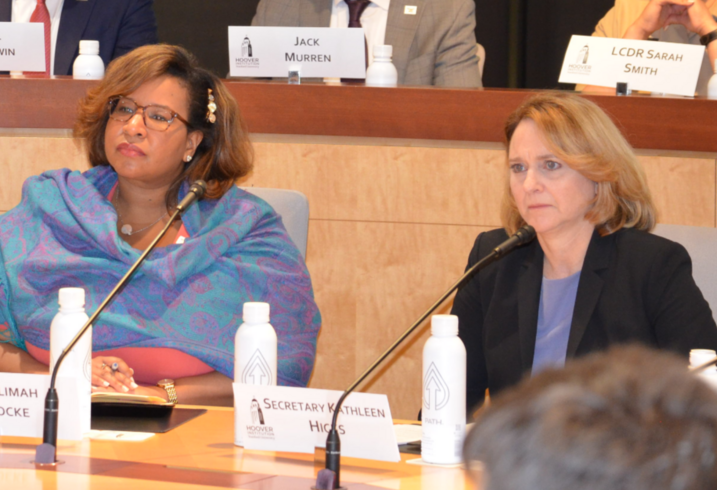




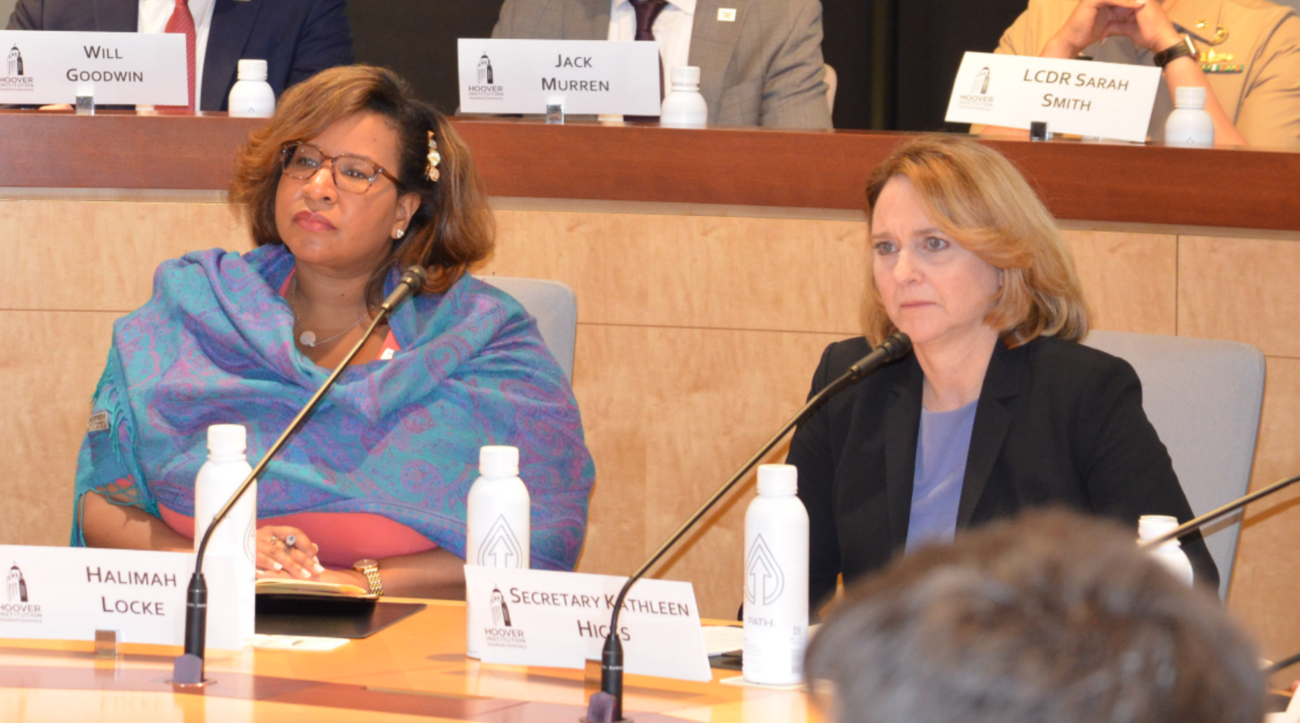







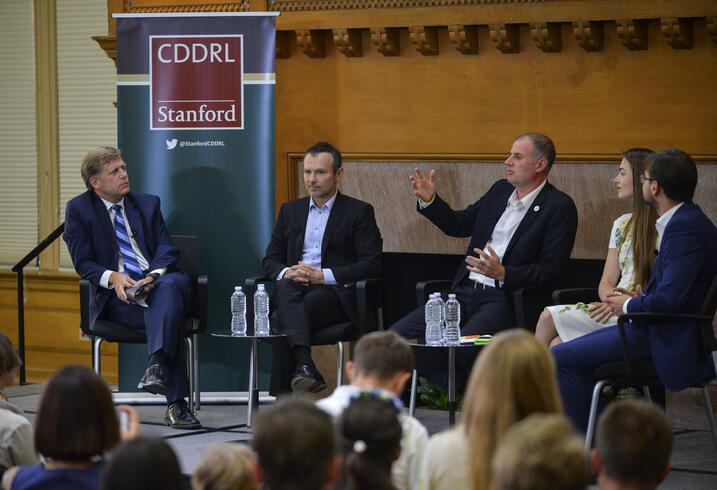

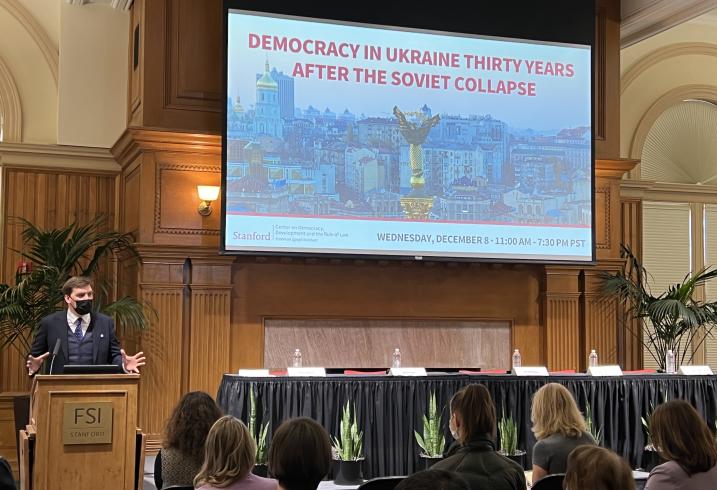








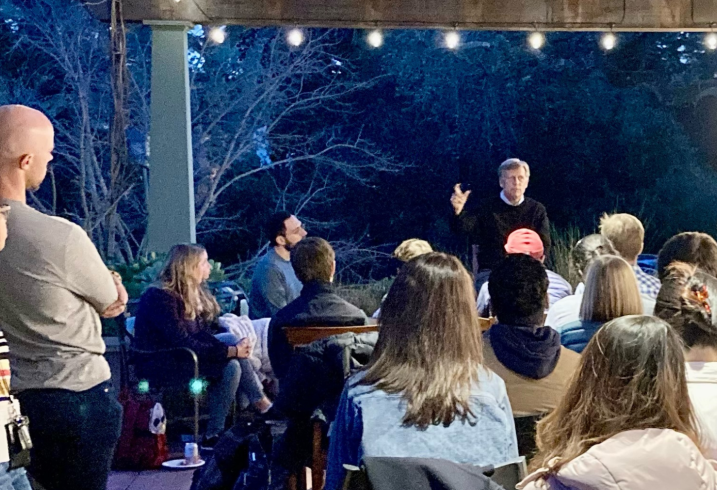



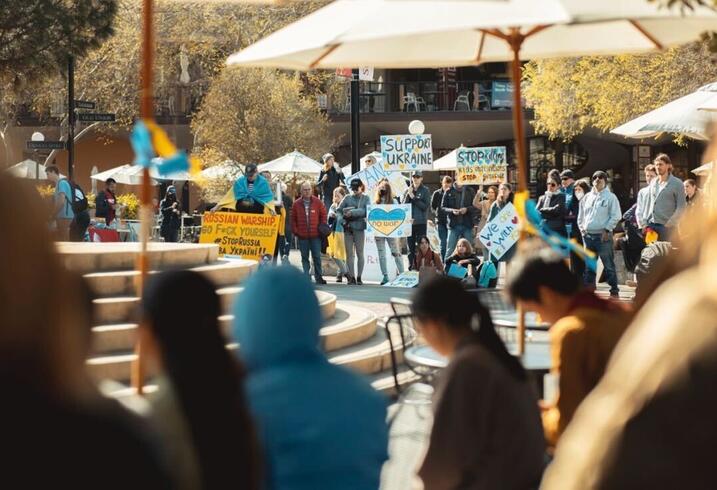








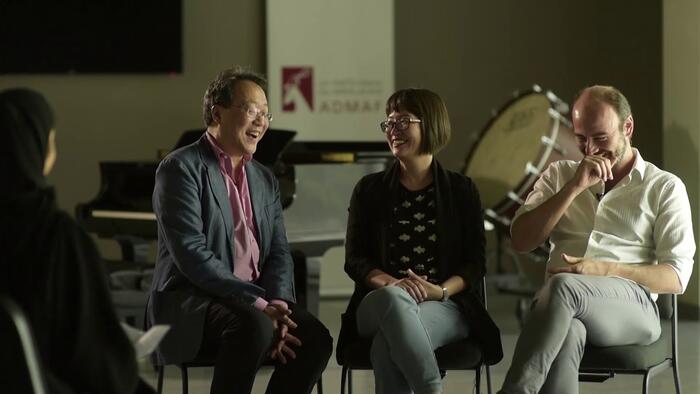 Silkroad Ensemble Musicians Yo-Yo Ma (cello), Haruka Fujii (percussion), and Kinan Azmeh (clarinet); photo courtesy Silkroad
Silkroad Ensemble Musicians Yo-Yo Ma (cello), Haruka Fujii (percussion), and Kinan Azmeh (clarinet); photo courtesy Silkroad




